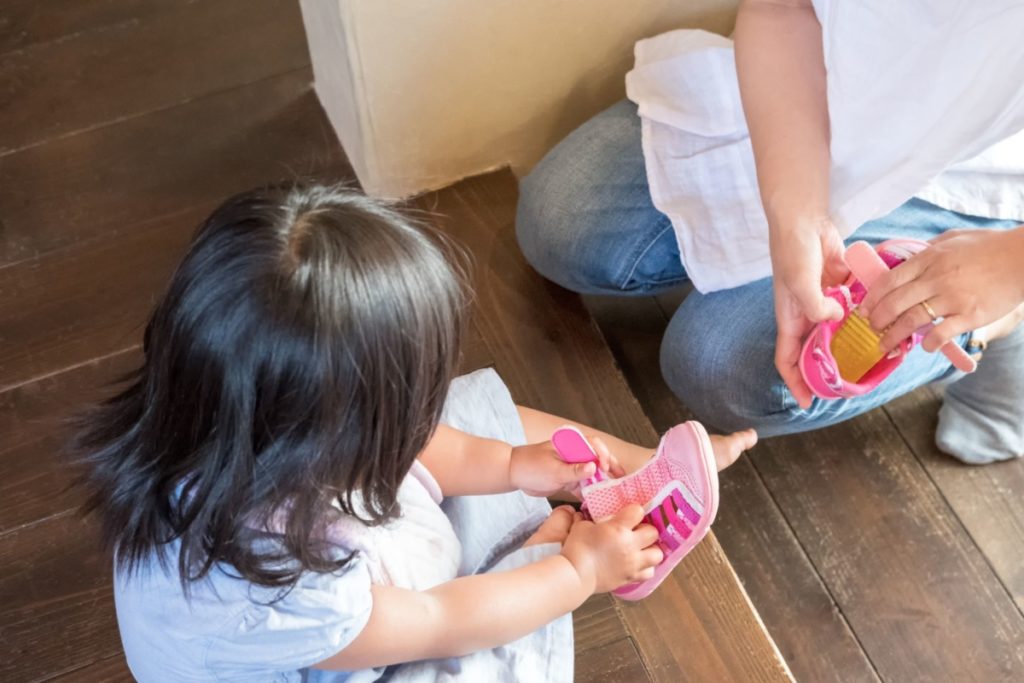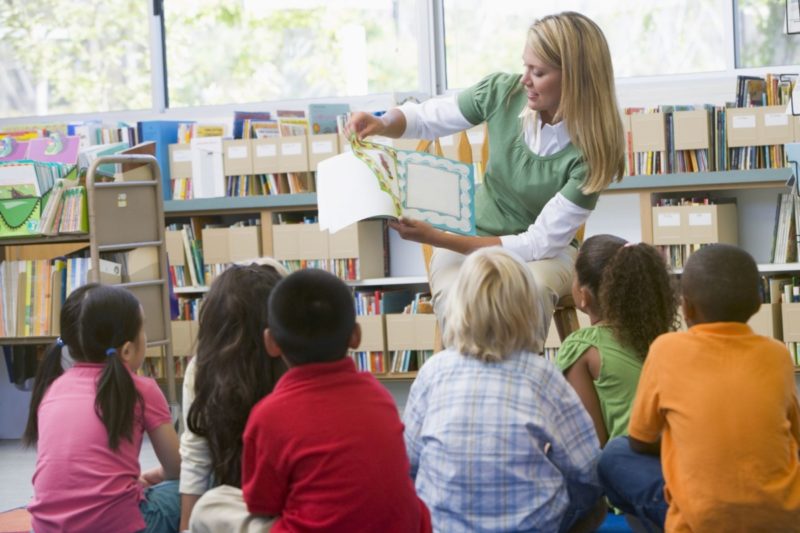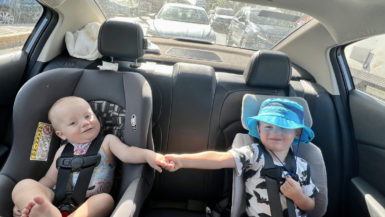Kindergarten readiness is a way to describe the things a child should know and do when they start kindergarten, AKA the big school. Most kids in the US start elementary school at Kindergarten level and they need to turn 5 before a cutout date – usually either August 1st or September 1st of the starting year.
Unlike in European countries where kids don’t start formal education until the age of 6 or even 7. Formal education as per reading, writing, and math skills. In the US kids are expected to do so at the age of 4 at PreK (Pre-Kindergarten) level. Ironically, even though it’s been proven that starting early does not guarantee success later, most American parents are freaked out that their kids aren’t ready for Kindergarten focusing on academic skills.
Kindergarten standards have become increasingly more academic in the United States. The fearmongering of parenting told that their kids should recite the letters and numbers early on is causing not only to miss out on more important than you think creative and free play, as even barely 3 year olds are forced to learn the alphabet.
Kindergarten readiness isn’t as academic as it’s often portrayed.
In fact, this is exactly why more and more children drop out of kindergarten after a few weeks to wait another year. This isn’t caused by the inability to read and write, or knowing what a rhombus is, but the lack of socio-emotional skills that are MUCH more important and overlooked.
In the early 1990s, 9% of American children were redshirted, meaning that they started kindergarten a year later. These days, that number more than doubled to 25%, according to U.S. Census data. Parents often do it to give their kids an advantage in sports or prepare them better academically. Ironically, despite the research showing that by 2nd grade the advantage of older kids evens out with those who started kindergarten “on time”, according to their age.
Almost every single thing you read online or see on social media claims that kids who are ready for kindergarten can say the alphabet and count to 10. This is bullshit. It’s pure memory without understanding the purpose of knowing it. By this rationale, my 2 year old would be ready for kindergarten and clearly, he’s not.
What to Focus on For Kindergarten Readiness?
In short, you need to prepare your child to be an independent member of society and be ready. Some kids might be ready for all of it at 4 or even earlier, while others might still struggle at 6.
What does that mean? What skills are important?

Be Bathroom Independent
Many parents falsely claim that their child is fully potty trained when they’re not. A might not use diapers, but if they need to be reminded to go potty, can’t wipe themselves, or dress or undress on their own, then they’re not fully bathroom independent.
At school nobody can help children in the bathroom, so this is crucial. You don’t want to have a child to have accidents or sit with a poopy butt all day.
Can Dress Themselves
There are limited numbers of breaks in between classes and recess or carpool. It might seem silly, but many kids starting school don’t know how to dress themselves. A teacher cannot help a whole class to put on jackets and zip them.
Make sure that your child knows how to button something, use a zipper, know how to tie their shoes and put them on the correct feet, and most importantly put on their own jacket.
Able to talk to strangers, be understood, and follow directions
Things about it, even if your child attends a preschool kids are normally sitting in one classroom with one or two teachers. At school, kids might be changing classrooms, different teachers will cover some subjects, while others are taking care of them during recess, carpool, or bus service.
A child ready for kindergarten needs to be able to reach out for help and express their needs or issues. Some schools make kids buy their own lunch at the cafeteria and a kindergartener needs to be able to do it all.
Know How to Speak the Language of Instruction in School
This applies purely to bilingual families, but it’s something very important to mention. If you speak another language at home make sure that your child is ready to properly use the language of instruction at school. Attending a bilingual preschool might not necessarily help much when it comes to the advancement of this language as they often gain only passive knowledge of the language – without an ability to communicate.
Many parents conclude that, especially with English, kids will learn it once they start school. While that’s true and kids will learn, the child will struggle if they cannot express themselves well and their language skills aren’t as advanced as other kids.
Know Social Skills When Interacting with Their Peers
Playing with other kids at supervised playdates is one thing, but going to school is a whole different story and recess is usually full of drama. A child needs to know how to share, suggest solution to social disagreements and if necessary, debate them. You don’t want your child to keep reporting to the teacher that his friend isn’t nice to him. Teachers simply don’t have time for this.
The kids need to mind their space when working on their things. Even the simplest thing like asking and allowing to share a blue crayon is crucial.
Be Okay If Losing
Many preschools always make sure that every child is treated the same way. Kids get the same meals, there are no grades or competitions. Things change in schools.
Your child will know if someone gets a better grade. Someone might be faster in PE class. For the sake of your child and his sanity (not to mention the other kids and teacher) you don’t want them to have a meltdown if they realize that they didn’t win this time. Kids need to know that being disappointed is fine.
A child needs to know how to self-control and calm down on their own.
Know Their Name and Be Able to Recognize It
Your child doesn’t need to write their name before starting kindergarten, but as many things are signed in the classroom they need to know that their name looks like Dylan and not James, for example.
Knowing their last name and names of their parents is also important, in case of emergency.






Leave a reply